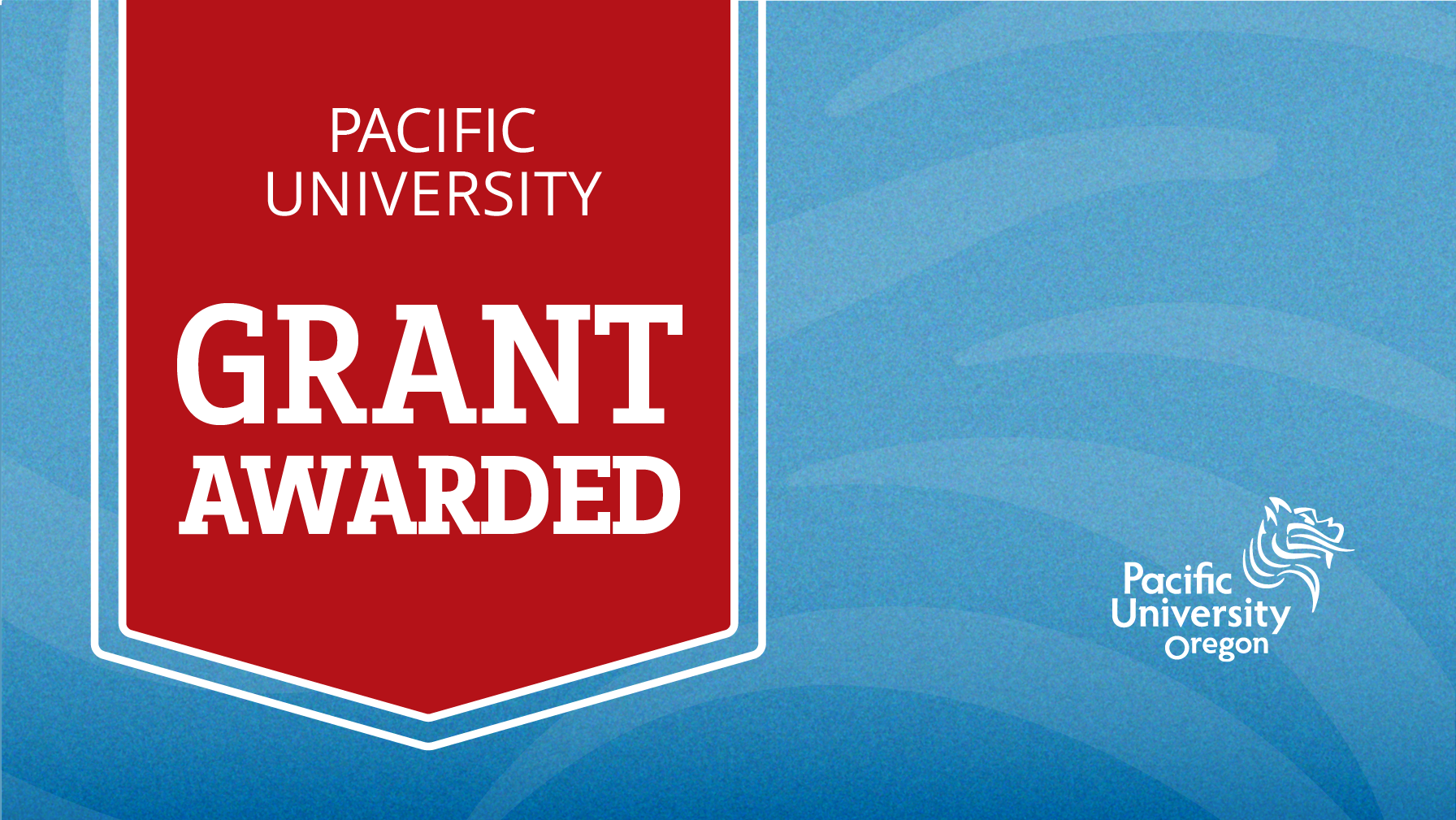 Pacific University has received a $1.8 million grant from the Oregon Health Authority to help increase capacity and diversity in the state’s mental health workforce.
Pacific University has received a $1.8 million grant from the Oregon Health Authority to help increase capacity and diversity in the state’s mental health workforce.
The two-year grant, which provides tuition assistance and stipends to students, will be split between the university’s Master of Social Work program and the Doctor of Psychology in Clinical Psychology program in the School of Graduate Psychology.
The grant is part of $80 million allocated to the OHA by the Oregon legislature as part of the Behavioral Health Workforce Initiative. The program aims to increase and diversify Oregon’s behavioral health workforce through scholarships, loan repayment, retention and peer workforce development; and through clinical supervision grants.
Pacific is one of eight higher education institutions to receive a grant and one of just three private universities to receive a share of the total of $10.1 million awarded by the OHA for tuition assistance.
The grant will provide up to $15,000 annually in tuition assistance to students in the two programs as well as stipends of up to $3,000.
Lalit Khandare, associate professor of social work and director of Pacific’s Master of Social Work program, said that the grant will benefit as many as 100 Pacific graduate students in the social work and graduate psychology programs over the two-year grant cycle.
“This particular grant is targeted in three areas: diversifying the workforce, providing equitable services, and better access to behavioral health in the state of Oregon,” Khandare said. “Students who are recipients of this grant will have to be committed to providing services in the state of Oregon.”
The grant allows Pacific University to help address issues with a deficit in qualified mental healthcare providers in Oregon as well as a lack of diversity in the profession. According to a Behavioral Health Workforce Report released in 2022 by Oregon Health & Science University, the state is projected to have an estimated shortage of 240 psychologists and 510 addiction counselors by 2030.
The study also reported that Oregon’s mental health workforce shrunk by 10% to 30% percent since the start of the COVID-19 pandemic. One-fifth of provider groups reported a six-month average delay to fill a position while 18% reported perpetual job openings due to a lack of candidates.
The OHSU study also addressed a lack of diversity in the state’s mental health workforce. In 2018, 13% of the state’s population was Hispanic/Latinx but only 5% of providers were Hispanic/Latinx.
Khandare and Rohini Puri-Bose, an assistant professor in the School of Graduate Psychology, serve as co-project directors on the grant for Pacific.
“Pacific’s School of Graduate Psychology has a long-established history of attending to the needs of our diverse students. This OHA grant will enhance our ability to address the needs of our students and further our goal to diversify the clinical psychology workforce,” said Peter Vik, interim dean of the Pacific School of Graduate Psychology. “I applaud Drs. Puri-Bose and Khandare for their success.”
Khandare added that the grant enhances the already established goal of the Pacific social work program to build diversity into the healthcare workforce and serve the state’s diverse populations.
“We try to incorporate diversity, equity and inclusion across our entire curriculum,” Khandare said. “We have dedicated courses on serving Latinx populations and some elective courses on serving the LGBTQ+ population. In fact, our faculty’s own experience comes from quite diverse backgrounds with refugee populations, minorities, immigrant populations and LGBTQ+.”